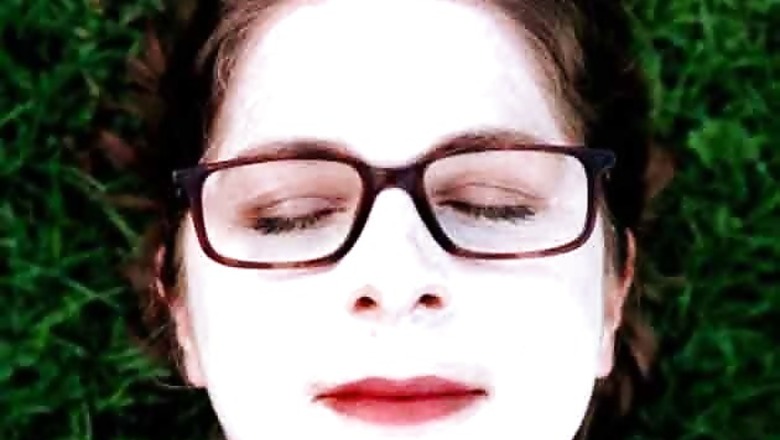
views
Washington: Researchers are harnessing a harmless virus living in the pores of our skin to seek out and kill bugs that cause pimples, the biggest woe of teenagers. "Acne affects millions of people, yet we have few treatments that are both safe and effective," said principal investigator Robert Modlin, chief of dermatology and professor of microbiology, immunology and molecular genetics at the University of California-Los Angeles (UCLA).
"Harnessing a virus that naturally preys on the bacteria that causes pimples could offer a promising new tool against the physical and emotional scars of severe acne," said Modlin, reports the journal mBio. The scientists looked at two little microbes that share a big name: Propionibacterium acnes, a bug thriving in our pores that can trigger acne; and P. acnes phages, a family of viruses that live on human skin.
The viruses are harmless to humans, but programmed to infect and kill the P. acnes bug, according to an UCLA and University of Pittsburgh statement. When P. acnes bugs aggravate the immune system, it causes the swollen, red bumps linked with acne. Most effective treatments work by reducing the number of P. acnes bacteria on the skin.
"We know that sex hormones, facial oil and the immune system play a role in causing acne, however, a lot of research implicates P. acnes as an important trigger. Sometimes they set off an inflammatory response that contributes to the development of acne," explains Laura Marinelli, UCLA postdoctoral researcher in Modlin's lab, who led the study.
Using over-the-counter pore cleansing strips from the drugstore, researchers lifted acne bacteria and the P. acnes viruses from the noses of both pimply and clear-skinned volunteers. When the team sequenced the bacteriophages' (a virus that affects bacteria) genomes, they found that viruses possess multiple features - such as small size, limited diversity and the broad ability to kill their hosts - that make them ideal candidates for the development of a new anti-acne therapy. "Our findings provide valuable insights into acne and the bacterium that causes it," observed study co-author Graham Hatfull, professor of biotechnology and biological sciences, University of Pittsburgh.
"Phages are programmed to target and kill specific bacteria, so P. acnes phages will attack only P. acnes bacteria, but not others like E. coli," added Marinelli. "This trait suggests that they offer strong potential for targeted therapeutic use," Marinelli said.




















Comments
0 comment